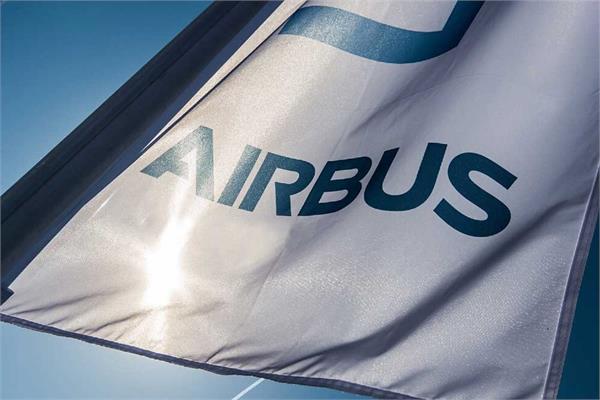
Following the on-going dispute between Airbus and Qatar Airways over the surface degradation on the air carrier’s fleet of A350 aircrafts, Airbus announced that the company is preparing for an independent legal assessment.
Airbus has addressed the on-going controversy with Qatar Airways over the paint degradation of the airline’s fleet of A350 jetliners with a rare statement in which the company announced an independent legal assessment to resolve the dispute, as the two parties have been unable to settle during direct and open discussions.
Qatar Airways declared that the surface degradation on its A350 aircrafts led to the grounding of 20 jets by its domestic aviation regulator. However, in its statement, Airbus pointed out that “the surface paint-related findings have been thoroughly assessed by Airbus and confirmed by the European Aviation Safety Agency (EASA) as having no airworthiness impact on the A350 fleet”.
"The attempt by this customer to misrepresent this specific topic as an airworthiness issue represents a threat to the international protocols on safety matters", continued Airbus. “While Airbus regrets the need to follow such a path, it has become necessary to defend its position and reputation. Airbus has worked actively with its customers in order to minimise the impact and any inconvenience caused by this in-service surface degradation on the aircraft. These solutions have all been dismissed by the above-mentioned customer without legitimate justification”.
Airbus also stated that, in parallel, the company is working to re-establish a constructive dialogue with the customer on this matter but that it is not willing to accept “inaccurate statements of this kind to continue”.
According to Reuters, Airbus officials confirmed the statement referred to Qatar Airways. A spokesman for the airline said it would not comment on the Airbus statement before reviewing it.
The dispute between Airbus and Qatar Airways became public in May, six months after Qatar Airways sent an A350 to be stripped and repainted in special livery for the FIFA World Cup, which will take place in Qatar next year.
At first, this was presented as an isolated issue related to Qatar's severe heat. However, according to a private maintenance message board used by Airbus and A350 operators and reviewed by Reuters, at least five other airlines had complained about paint or other skin flaws since late 2016.
Where the problem may stem from
When Airbus 15 years ago launched the A350, it chose to use carbon-fibre instead of metal, making the jet lighters and thus reducing fuel consumptions. However, experts say these are harder to deck out in a way that makes paint stick.
The new jets also need a layer of metallic mesh to dissipate lightning strikes because carbon-fibre is not conductive.
Finally, unlike metal, carbon does not expand and shrink as temperatures change but paint does – a factor that can cause peeling over time.